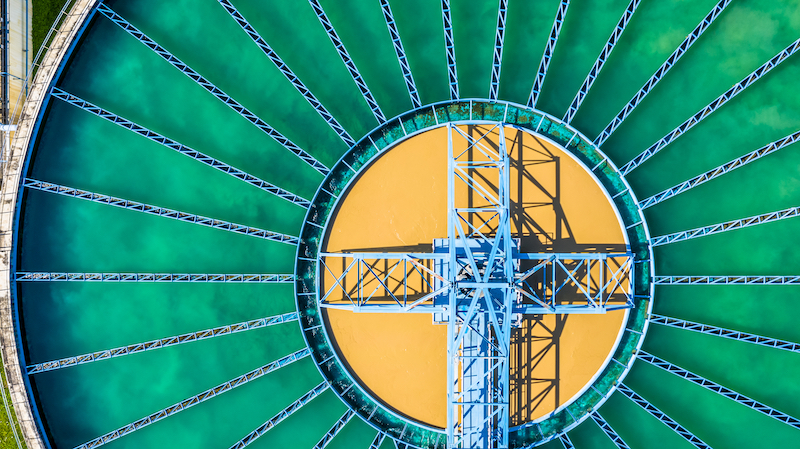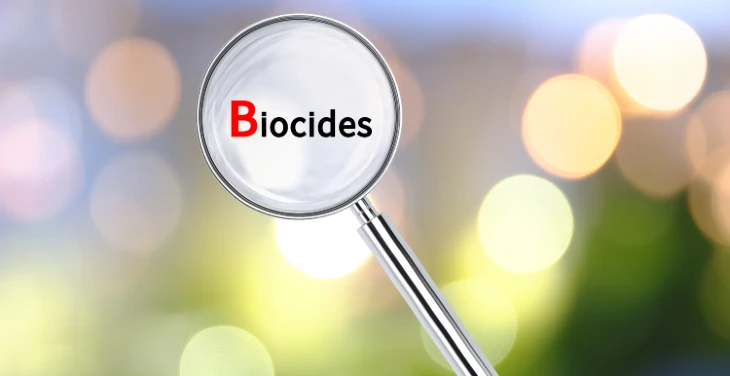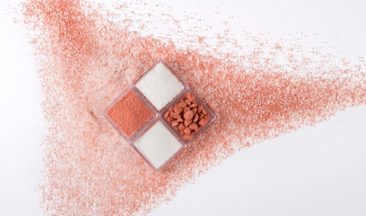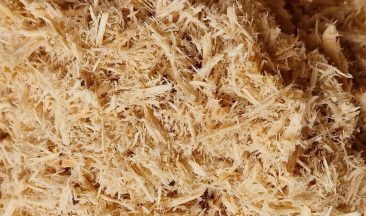Our lives are impacted by biocides daily, from the water we drink to the foods we eat, the medicines we take and the cosmetics we use, all have had biocides play a part at some time in their production.
The term biocide describes a wide range of chemicals whose primary purpose is to kill or control harmful organisms like microbes, viruses, and mold by chemical or biological means.
Biocides ensure the preservation and proper function of systems that would otherwise be subject to bacterial growth and are industrially important as disinfectants, oxidizing agents, and preservatives.
The most common example of a biocide we are accustomed to daily is the strong odor of chlorine used in swimming pools, spas, and gyms as a disinfectant. Bromine in the same applications has the advantage of being practically less irritant and less smelly.
Types of Biocides
Many different types of biocides exist and can be either synthetic or natural, and are available in various physical forms ranging from solids and powders to liquids and dispersions and can be grouped according to their functions or biological killing action:
- Algaecides prevent the growth of algae
- Bactericides are designed to kill and prevent the growth of bacteria.
- Fungicides are designed to kill and prevent the growth of fungi.
- Germicides or antimicrobial agents kill microorganisms such as viruses, bacteria, protozoa, and other germs.
- Herbicides or defoliants are designed to kill and prevent the growth of plants or vegetation.
- Viricides are chemical agents that can kill, deactivate, or destroy viruses.
Main Uses of Biocides
Biocides are also widely used in everyday products and applications including among others in
- Healthcare as antiseptics, preservatives in medicines, skin disinfection, alcohol wipes, and hand rubs.
- Consumer products to prevent spoilage in detergents and fabric softeners, cosmetics, disinfectants, wipes furniture, curtains and wallpapers, pet disinfectants, general disinfectants, and even building materials.
- Foods to extend shelf life and prevent spoilage, food production, the disinfection of production plants and of food containers, the control of microbial growth in food and drinks, and the decontamination of food production equipment.
- Agriculture for cleaning and disinfection of farm buildings, particularly between batches of animals as well as foot dips outside animal houses and disinfecting animal transport vehicles and materials. Biocides are also used in soil disinfection.
- Water Treatment to protect against biological infestation and growth in cooling towers and treatment plants.
- Feed Preservatives to protect feed against deterioration caused by microorganisms
- Forestry because timber is vulnerable to attack by different wood-eating organisms such as bacteria, fungi, and insects.
Biocides are used in or added to a variety of different industrial products including metalworking fluids or hydraulic fluid to prevent bacterial growth and the odors associated with the growth.
They are also added to plastics or paints to prevent or reduce mold or bacterial growth on surfaces.

Biocides for Water Treatment and Industrial Applications
Water impurities like algae, fungi, bacteria, and other microbes can cause serious threats to both human health and the environment as well as to the safety and effectiveness of industrial processes.
Water purification, conservation, and wastewater treatment are processes currently implemented to ensure adequate and optimized use of water.
These processes also play a crucial role in minimizing resource consumption and costs when used in industry and recycling this scarce resource in the circular economy.
Biocides for water treatment are added to water to protect against biological infestation and growth. There are different types of biocides used for different applications. The most common biocides used in water treatment include bromine and chlorine.
Advantages of Brominated Biocides over Chlorinated Biocides
- They provide ideal solutions for water treatment applications thanks to bromine’s ability to kill harmful bacteria, viruses, and contaminants in the water.
- At high pH, higher concentrations of active HOBr contribute to higher biocidal activity
- Bromine-based biocides are highly effective in the prevention and removal of biofilm.
- Bromamines are much better biocides than chloramines.
- They provide higher effectiveness through lower volatility.
The Dead Sea – World’s Richest Source of Bromine
From the world’s richest source of bromine, ICL offers the most stable supply of bromine-based microbial water treatment solutions. These substances span a range of applications from microbial water treatment in swimming pools to cooling tower disinfection.
You may be interested in:
Biobrom™ – the Cost-Effective DBNPA Solution
ICL Biocide Solutions
ICL is a leading provider of solutions for different types of waste and water treatments that improve the standard of water to make it suitable for a specific end-use.
We produce a range of biocides based on bromine, which is intended to destroy or render noxious substances harmless in among others, swimming pools and industrial cooling towers. Our range of biocides includes oxidative and non-oxidative bromine-based biocides.
ICL’s sodium bromide and ammonium bromide are employed in the pulp and paper industries.
Our phosphoric acid is used in water and waste treatments to neutralize contaminants and control bacterial growth.
Cooling water is an excellent breeding ground for microorganisms due to the relatively high temperature of the system. These organisms pollute the cooling system and, together with mucilage or biofilm, a complex structure of different bacterial colonies that can adhere to surfaces can drastically reduce the cooling efficiency.
Bromine-based biocides are highly effective in the prevention and removal of biofilm and thus reduce contamination and improve cooling efficiency.
ICL’s phosphates are also used for pH control in industrial boilers to prevent corrosion and loss of efficiency.
All biocides we supply are regulatorily supported worldwide according to required regulations in each country. Our supportive regulatory activity includes BPR Art. 95 registration in Europe and US-EPA registration on a primary level.







